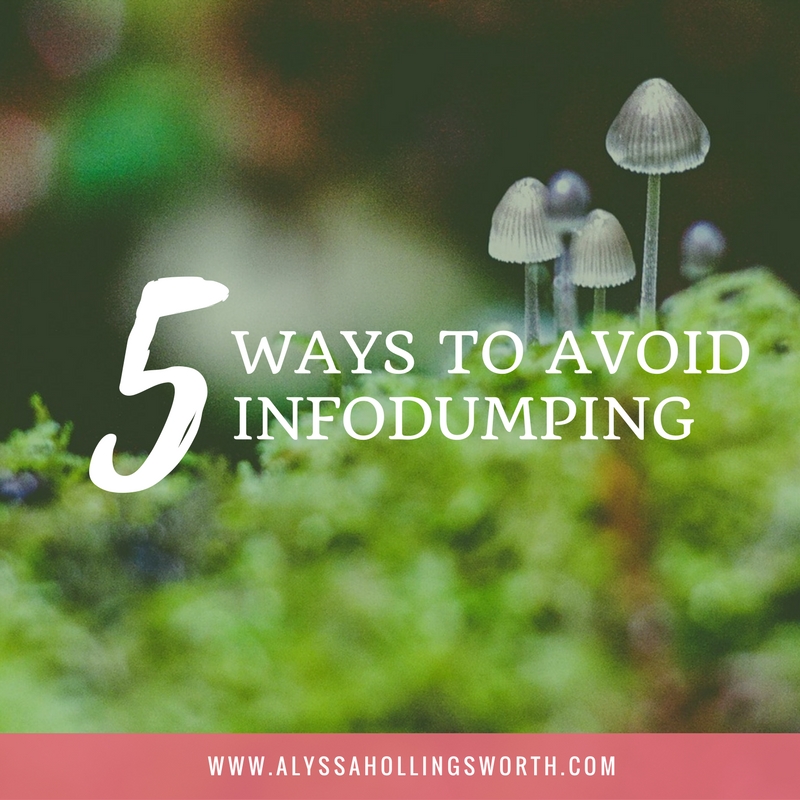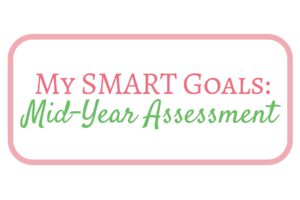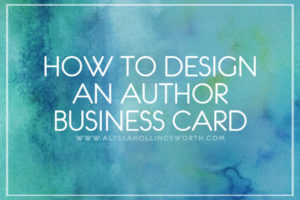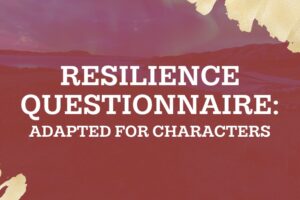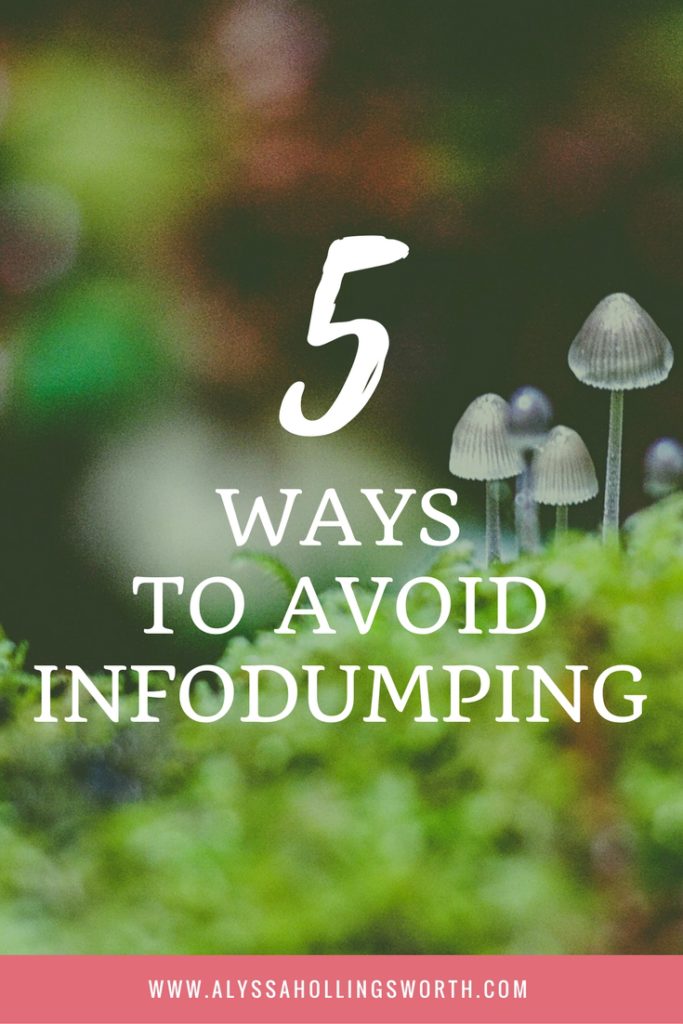 I primarily enjoy writing (and reading) fantasy. It’s wonderful when your head is full of another world, with all the culture and worldbuilding attached.
I primarily enjoy writing (and reading) fantasy. It’s wonderful when your head is full of another world, with all the culture and worldbuilding attached.
But getting necessary information about this crazy awesome world across to your reader can be hard. Really, really hard.
The best worldbuilding is done in a steady trickle, so soft the reader doesn’t really know how they know the information. I’m not there yet. Instead of a gently flowing, melodious stream, I often find myself taking a hammer to my readers’ brains and being like, “NOTICE THIS, IT’S IMPORTANT.”
This, my friends, is an infodump.
An infodump is when necessary information is given to the reader all at once, often awkwardly stuffed into the text like a history lesson. Many (most?) prologues are infodumps, and generally you’ll find the heaviest downpour in the first few chapters.
To catch my bad habits, here are some creative writing tips I employ to convey information without infodumping.
1. Interact with the information.
Ask yourself: How can you turn your infodump into an active scene?
Example: Your dragons are connoisseurs of man meat. Instead of telling your reader the history of man’s battle with dragons, show your protagonist engaged in an attack. (The opening of How to Tame Your Dragon is a good example of this—though Hiccup’s voiceover tells us a lot about the dragons, we’re also seeing it happen live.) How does your protagonist respond to the attack? What does the fight reveal about him/her? Show the answers to these questions, and what was a textbook infodump changes into shining character voice and conflict.
At its best, worldbuilding should be working on three levels: showing the world, moving the plot forward, and revealing something about the characters (specifically your protagonist).
2. Employ an outsider.
Make sure your main cast includes an outsider. This doesn’t strictly mean a foreigner (though that’s great), but even just a hick plopped in the city or vice versa can be a good way to show the reader the world as the character is figuring out how to live in it.
If this person is a secondary character, you can put some questions the MC doesn’t think about into Mr./Ms. Supportive Character’s mouth (“Why do you all wear masks?”) and let your MC explain.
See: Every magical school book in the history of ever.
3. Use oral tradition.
Though this should be used sparingly and requires a lot of work to weave into present action, sometimes when you have essential information (like a legend, or gossip about the royal family) you can convey it through oral tradition. Ballads, bards, or stories exchanged during the journey can be used (with great trepidation) to get chunks of information across in one place.
The most important thing with this (as with all worldbuilding) is that the information should be immediately applicable to your characters. Otherwise your readers will just skim through it.
4. Be brief and detailed.
When you have to convey information in a block, make sure it is as focused, detailed, and brief as possible. Make it personally important to the narrator and relevant to the present action.
Normally the best way to do this is through stream-of-consciousness. If someone says something, you can follow your narrator’s thoughts through the information. However, it’s important to actually follow the thought train, not cram in random information.
For instance, if someone mentioned 9/11 to you, you might think about where you were on that day, the (general) politics of the fallout, or the memorial in NYC. But you probably wouldn’t mentally construct a timeline of the war in Iraq or make an inward speech about the complexities of the current situation in Afghanistan, because (unless you’re pointedly being asked about that) it’s probably not immediately relevant to your conversation or life. If your thought process were being written, you’d probably skip the general and stick to the personal.
So keep it short and sweet, and cut, cut, cut as you redraft until you only have the absolutely necessary bones left.
5. Resort to the (dreaded) flashback.
Flashbacks should be approached with much caution. Too long, and you risk losing your reader. If it’s not immediately applicable, your reader might skim. Remember that what matters to the reader (and the story) is the action happening in the present of the story. You don’t want to lose that tension with unnecessary (or uninteresting) information.
(An aside: Shows like Arrow, Once Upon a Time and Lost [generally] do a good job tying the flashbacks to the present action by unified themes (love, loss, loyalty, betrayal, magic is good, magic is bad, etc), but by the fourth time Charming and Snow have been separated in flashback-land you might find yourself wondering why we’re still spending time in the memories. Arrow is a big sinner in this, especially in the first season, because Abandoned on Island is never going to be as interesting as Killing Bad Guys in the City.)
The best way to go is to make the flashback as tight and vivid as possible.
In my own writing, I have a prince with a power he can’t control. His father never touches him. But instead of just saying that, I put in a short, four-sentence flashback scene during a relevant moment. In the flashback, the prince is learning how to ride and his stirrup breaks when the horse spooks. He has a terrible fall and looks up to see that his father stepped back instead of catching him. That sort of specific image (hopefully) drives the point home to the reader, and connects the information on an emotional and informative level.
As a final note, one of the best tips for this (and every writing obstacle) is to study the way others do it. Off the top of my head: Sea of Trolls, The Thief (The Queen’s Thief #1), The Dark is Rising, and The Knife of Never Letting Go. You can also look at how movies/shows do it well (and how they do it poorly).
Even though they aren’t fantasy/sci-fi, books with strong sense of place are also good to study for worldbuilding ideas. The Scorpio Races, Mrs. Mike, and Rooftoppers are a few of my favorites.
What are some of your favorite examples of worldbuilding, in your writing or others’? Do you want to defend the flashbacks in Once Upon a Time? Any recommended reading for people who want more tips? Leave a comment below!

